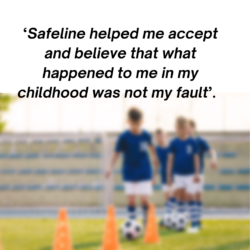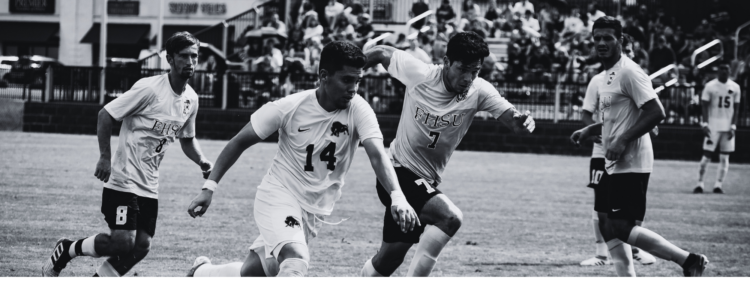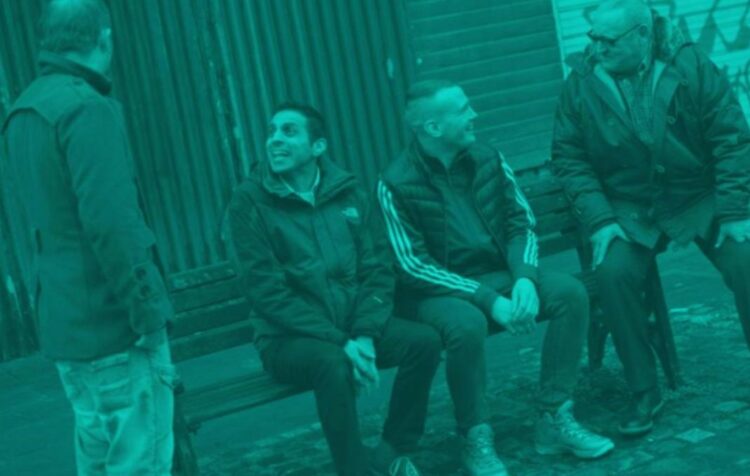Call us now 01926 402 498
Support for Men
We provide dedicated services for male survivors of sexual violence (men and boys) and those who support them living in England and Wales.
Safeline is independently accredited by Lime Culture for all its services supporting male survivors and is a member of the Male Survivors Partnership
Our team of friendly professional staff are trained to work with male survivors and will give you the space you need to go at your pace when you feel ready to talk.
Counselling and TherapySafeline has worked with male survivors for 30 years and we are specialists in supporting male survivors. Our team of professional helpline and online support staff are highly skilled at providing remote for male survivors. Safeline’s commitment to male survivors is evidenced by being the first multi-gender organisation to achieve the independently accredited Male Survivor Partnership Quality standard for male survivors in 2019 and the Helplines Partnership Quality Standard in 2020.
I have overdosed 3 times in the last 2 years and feel had I not found Safeline, I would be dead
Male Client
Prevalence of Male Sexual Abuse
It is estimated that 1 in 5 males in the UK have experienced unwanted sexual abuse or attempted sexual abuse in their lives.
Research by Mankind in 2021 found even higher prevalence rates:
- 50% of men had unwanted sexual experiences
- 1 in 7 men had been coerced into sex
- 1 in 10 men had experienced rape or non-consensual penetration
The Crime Survey for England and Wales 2020 estimated 155,000 men aged 16 to 74 years experienced sexual assault including attempts
The Impact of Sexual Abuse upon Males
The impact can be profound, extensive, and long-lasting and common reactions include self-harm, mental health issues, eating disorders, homelessness, emotional dysregulation, relationship difficulties and guilt/shame/blame. Foster, Boyd, and O’Leary (2012) report that male survivors are:
- 10 times more likely to be diagnosed with PTSD
- 10 times more likely to report suicidal ideation (46% of male survivors of childhood sexual abuse had attempted suicide)
- More likely to cope with the aftermath of childhood sexual abuse with drug and alcohol misuse
- Less likely than girls to disclose at the time of the sexual abuse and men and boys are less likely to disclose at all compared with females.
- On average, disclosing their abuse 22 years after the assault which is c.10 years later than females and only 5% report to the Police.
I didn’t think anyone would believe what my father did to me. I didn’t want to believe it myself. I kept trying to puse the memories down but they were always there, and it took me almost 60 years to tell somebody. It was a relief to call the helpline and finally talk about what happened to me.
National Male Survivor Helpline Service User
Barriers to Male Help Seeking
Societal expectations around masculinity and gender norms are considerable barriers to male help seeking. The impacts of societal expectations around the male gender role include:
- Males blame themselves both for not stopping the abuse from happening and for struggling with the aftermath, because ‘as men they should be able to cope’.
- The sense of not living up to the masculine ideal of being strong, tough, and able to protect themselves from adversity makes men who have been sexually abused unlikely to seek help due to their fear of ridicule and blame
- Many male survivors are left questioning their gender identity after sexual abuse believing ‘I’m not a real man’
The rise of feminism and services for female survivors, whilst much needed and of huge benefit for females, has further impacted on male help seeking by enforcing male rape myths and stereotypes and creating a lack of provision for male survivors.
These myths and stereotypes include:
- ‘Men can’t be sexually abused’ (hence no need for services)
- ‘Only gay men and boys are sexually abused’
- ‘Sexual abuse makes you gay’
- ‘A male who discloses sexual abuse is probably a perpetrator’
Seeking help for sexual abuse or rape (for which society has traditionally considered a feminine issue), for struggling to cope with the aftermath and for thinking they were to blame for not stopping the assault carries, a high level of self-stigma, guilt, and shame for male survivors.
This extremely difficult and challenging situation leaves males believing they must be weak, unable to cope and emasculated. This has a huge impact on male help seeking behaviours that needs to be understood by commissionaires and service providers.
Having someone who understands how trauma effects males is a real help, as there are differences which need to be signalled and addressed
National Male Survivor Helpline Service User
The National Male Survivor Helpline and Online Service (NMSHOS), managed by Safeline, i understands the barriers to men. boys and males looking for support. The service provision is designed specifically to encourage males to seek support through:
- Extensive staff training in working with male survivors
- Service promotion that makes it clear this service is specifically for males that ‘talks’ to males with male associated language, images and dispels myths and stereotypes
- Provides a choice of gender for males to talk with – vitally important and essential to meet accreditation standards
- Provides a choice of ways to communicate with the service (telephone, text, webchat, and email)





